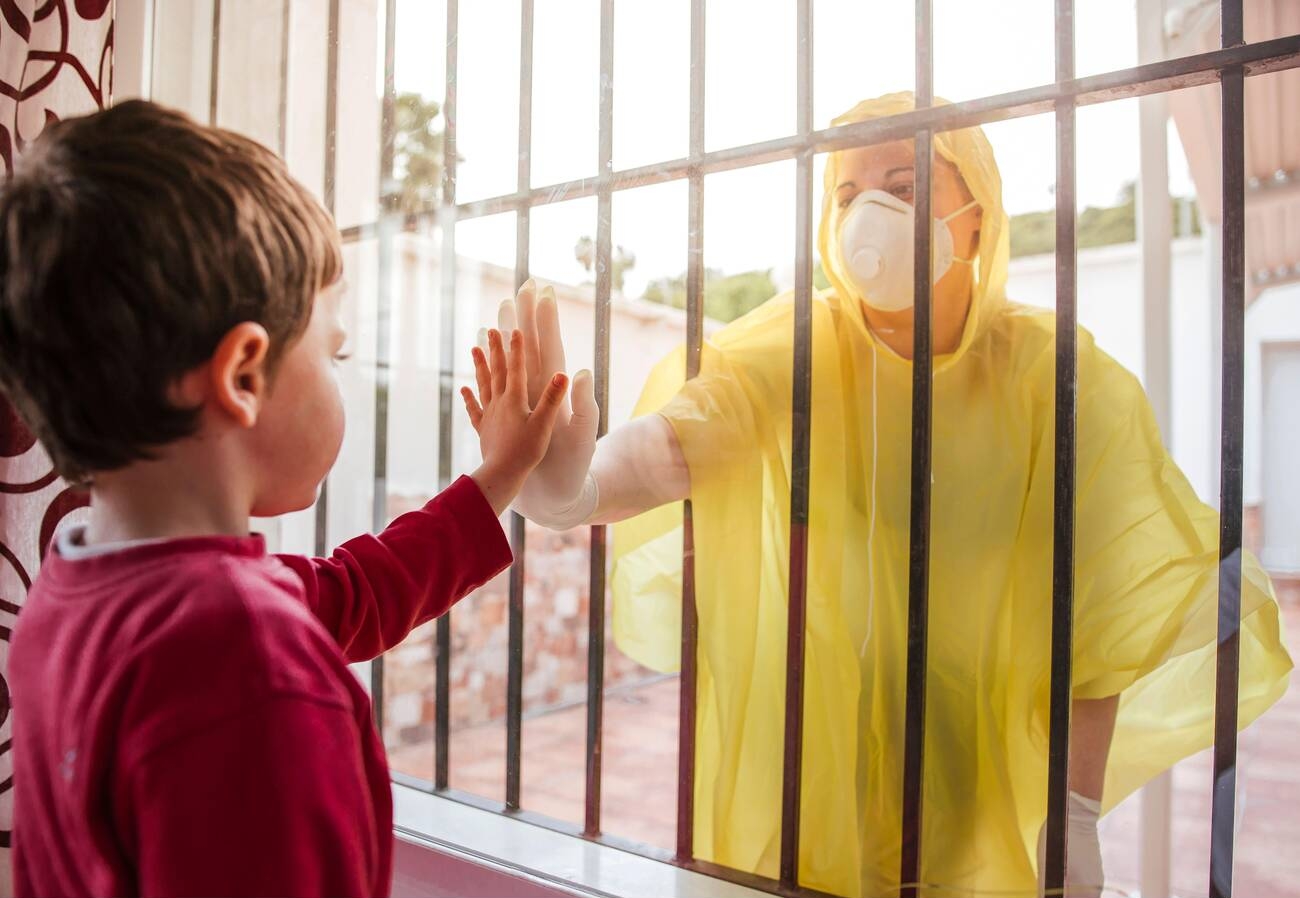“…but you don’t look sick. Just snap out if it!”
Debunking the myths of mental health.
Did you know?
- 1 in 8 people live with a mental health condition
- More female (52.4%) than males (47.6%) are living with mental disorders globally
- The two most common mental disorders globally are anxiety disorders and depressive Disorders
- Of those with mental disorders,
- 0% have anxiety disorders
- 9% have depressive disorder
- Mental disorders are the leading cause for a person to live with an impairment or disability in their lifetime
In the workplace,
- 77% of employees have experienced poor mental health at some point in their lives. Additionally, following Covid, those affected by mental health has significantly amplified.
- Unfortunately, only 1 in 10 would discuss a recent mental health issue with their superior.

FACTS VS MYTHS OF MENTAL ILLNESS
MYTH: Mental illness is not treatable. NO.
FACT: Mental illness is treatable. Depression and Anxiety is HIGHLY treatable. With proper treatment, 80%-90% are able to return to function.
MYTH: Those who have mental health will seek help. NO.
FACT: There are not enough people with mental health issues that seek help. There are several factors that may contribute towards reluctance to seek help. Some may lack the knowledge and awareness about mental health. But the biggest barrier to seeking mental health care is stigma associated with mental health conditions.

MYTH: Surely you can just ‘snap out of it’. NO.
FACT: You can’t just ‘snap out of it’. Truly, if it was that easy, there will not be the need for the existence of psychologists, psychiatrists or any mental health care workers. Saying to someone or even yourself to “not think about it”, or to “snap out of it” is similar to saying to someone with a broken leg to start running. Mental illness is a medical condition that one cannot easily just snap out of. They will require the needed treatment and care like any other person who has a medical condition.
MYTH: Those with mental illness will be hospitalised especially in those asylum centres. NO.
FACT: Most people with mental illness are not hospitalised. Despite what has been portrayed in many movies, not all people with mental illness are hospitalised. To the contrary, majority of people with mental illness are not hospitalised. Data has shown that of those who sought mental health treatment, only 7% required hospitalisation, and these are those with severe mental disorders such as Schizophrenia.
MYTH: If you have mental illness, you will not be able to function and surely you can’t work. NO.
FACT: Most people with mental illness can work. They are as productive as any other employees. In fact, working and being employed has been shown to be a protective factor to positive wellbeing and an important factor to recovery. With treatment, those with mental health issues can function like any other person, and sometimes even better as they are more quipped with the skills needed to manage their mental health and stress better.
MYTH: You don’t need to seek help unless it is really, really bad. NO.
FACT: You don’t have to be extremely sick to get help. It is important to seek help early. The earlier you seek help, the better the prognosis is and the easier it will be to bounce back to optimal functioning. It is important to note that, delay in seeking treatment affects recovery.
MYTH: Children and adolescents are not affected by mental illness. NO.
FACT: For children and adolescents…
- 8% of young children globally have mental disorders
- 14% of adolescents have mental disorders
- And 50% of mental disorders present in adulthood had developed by the age of 14 years
Unfortunately, less than half of children and adolescents with diagnosable mental illness receive the treatment and support they need. Early intervention is key in ensuring health childhood development. Again, important to note that delay in seeking treatment affects recovery.

KNOWLEDGE IS POWER. So…
What is mental health?
Mental health is a person’s social, emotional and psychological well-being. It can impact everything from how you see the world around you to how you can manage stressful situations.
What are the most common mental health disorders?
Anxiety disorder
Anxiety disorder is defined as excessive fear and worry and related behavioural disturbances. It significantly causes distress and impairs functioning.
Depression?
Different from the usual mood fluctuations that are short lived and as a response to everyday life challenges, depression is feelings of sadness, irritability, loss of pleasure, poor concentration, feelings of excessive guilt, hopelessness, suicidal ideations, poor sleep, change in appetite and lethargy, in most days than not for at least two weeks.
If you feel you are struggling with mental illness, please reach out and seek help. Mental disorders are highly treatable. And if you know someone who is affected by mental illness, help them reach out. Do not add to the existing stigma on mental health and break the myths surrounding mental illness.
Reference:
World mental health report: transforming mental health for all. Geneva: World Health Organization; 2022. Licence: CC BY-NC-SA 3.0 IGO
Author
DR AIDA SUHAIMI
- Clinical Psychologist





